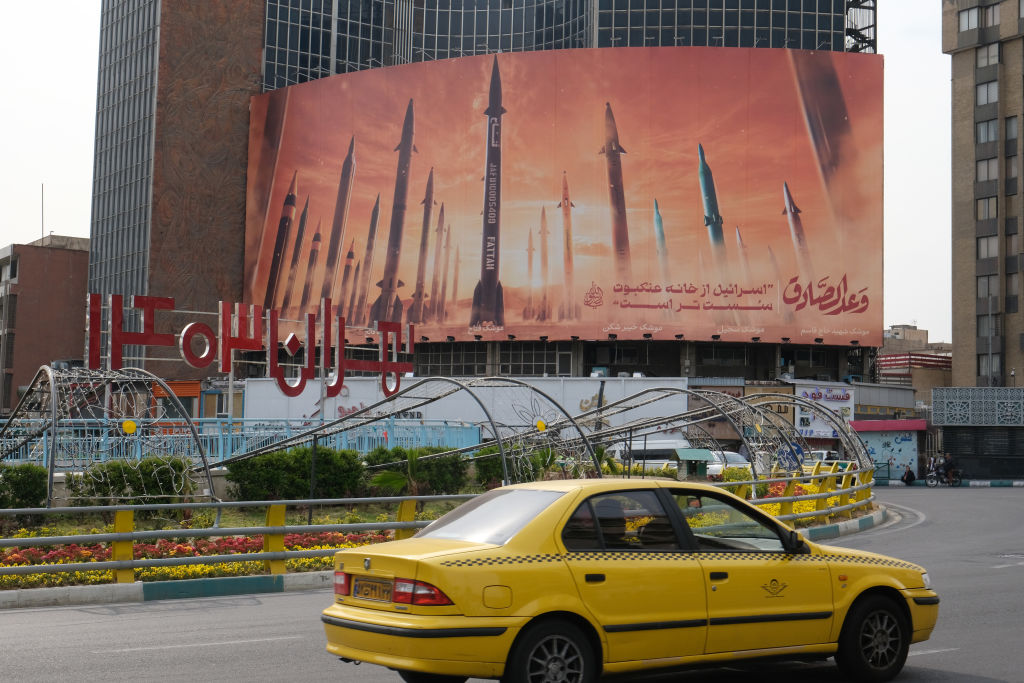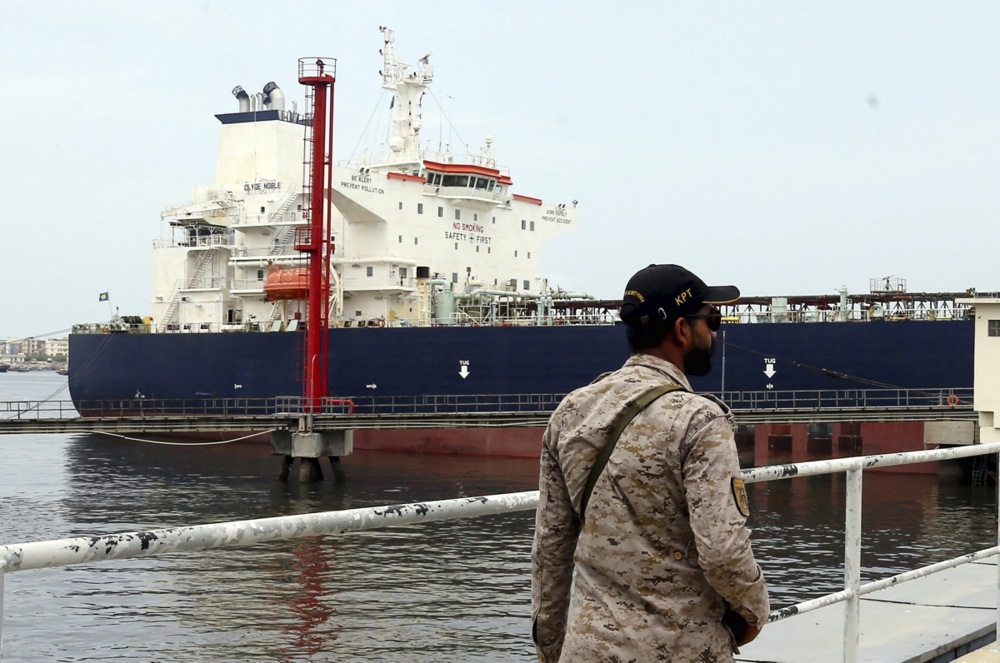If one views the Arab-Israeli conflict through the ongoing campus protests at US universities, one could easily get the impression that Israel might be winning militarily, but it is losing the battle for global public opinion. However, anyone who has the slightest understanding of the Middle East knows that the language spoken there is one of power, not popularity.
Contrary to popular belief, the fate of Palestine and its people is not the number one issue for most Arab States, and despite the rhetoric of their propaganda there is a growing willingness to find a lasting arrangement with the state of Israel.
This has been clear since the signing of the Abraham Accords in September 2020 normalizing relations between Israel on side and the United Arab Emirates and Bahrain on the other. A few months later, Sudan and Morocco joined the accords, marking what has been a tectonic shift in the region – and if it would not have been for the deep-seated prejudice against Donald Trump in the media, should have secured the US President a Nobel Peace Prize.
Not surprisingly, the Palestinian Authority and Hamas were outraged by the deal, calling it a “stab in the back” and demanding that the member states of the Arab League condemn it. Yet they refused to do so, having realized that the biggest threat to regional stability is the hegemonic ambition of Iran, and not the ongoing dispute between Israel and the Palestinians.
As I have written elsewhere, it was in light of these developments that Hamas and Iran conspired to execute the atrocities of October 7, 2023 in the hopes that the expected retaliation by Israel would prevent new and potentially end past peace agreements between Israel and the Arab world, especially Saudi Arabia.
At the moment, every available indicator shows that this plan is failing.
Despite the horrific pictures out of Gaza and the at times brutal conduct of the Israeli army, so far no has been willing to renounce the Abraham Accords, and there are even signs that point towards a more intense cooperation in the future.
Saudi Arabia is still actively engaged in a process of normalizing relations with Israel in the hopes of concluding a US-brokered deal, leading to this remarkable sentence in a recent Wall Street Journal article: “Saudi officials have privately indicated to the U.S. that they might accept verbal assurances from Israel that it would engage in new talks on Palestinian statehood to secure the other parts of the deal of more interest to Riyadh, Saudi officials said.”
This is a very diplomatic way of saying that Riyadh would support the creation of a Palestinian state, but that better relations with Israel are not conditioned on it. In fact, Saudi authorities have begun to crack down on individuals who post comments about the Gaza war on social media, especially if they should be critical of the kingdom’s attempts to normalize relations with Israel.
Adding action to their rhetoric, Saudi Arabia – together with Jordan and the United Arab Emirates – provided Israel with intelligence and support during an Iranian missile and drone barrage in early April.
Certainly, public opinion in Saudi Arabia and other places remains staunchly anti-Israel, as recent polling has shown: “Only 14% of respondents agreed to allow Israeli civilian airplanes to fly over Saudi Arabia, and just 13% would permit Israeli sports teams to participate in events in Saudi Arabia, and a mere 7% would welcome Israel’s prime minister to an international conference in Saudi Arabia.”
These views notwithstanding, the reform oriented Arab leaders from Jordan to Saudi Arabia are well aware that the potential peace dividend that could come from the combination of Arab capital and Israeli high tech could be a key element in their modernization plans, and they refuse to make everything contingent on the question of Palestinian statehood.
It also does not help the Palestinian case that they are increasingly seen as an Iranian proxy in the heart of the Middle East, especially as Teheran is often viewed as a greater threat than Israel. Whatever flaws the Jewish state might have, it is not a revolutionary state that tries to export its political system into neighboring countries or establish regional hegemony, which is precisely what the Iranian leadership aspires to do.
In 1973, the Israeli diplomat Abba Eban said that “the Arabs never miss an opportunity to miss an opportunity.” By 2024, this no longer holds true, and from Bahrain to Morocco to the United Arab Emirates and possibly soon Saudi Arabia, a growing number of Arab states is not willing to repeat the mistakes of the past, and instead chose prosperity and good neighborhood policies over an endless war with Israel.
Tragically, it most likely will be the Palestinian leadership that will learn this lesson last, and thereby prolong the suffering of its people.






The Middle East is not yet at the brink of all out war – but Iran’s missile attack on Israel has certainly made it closer